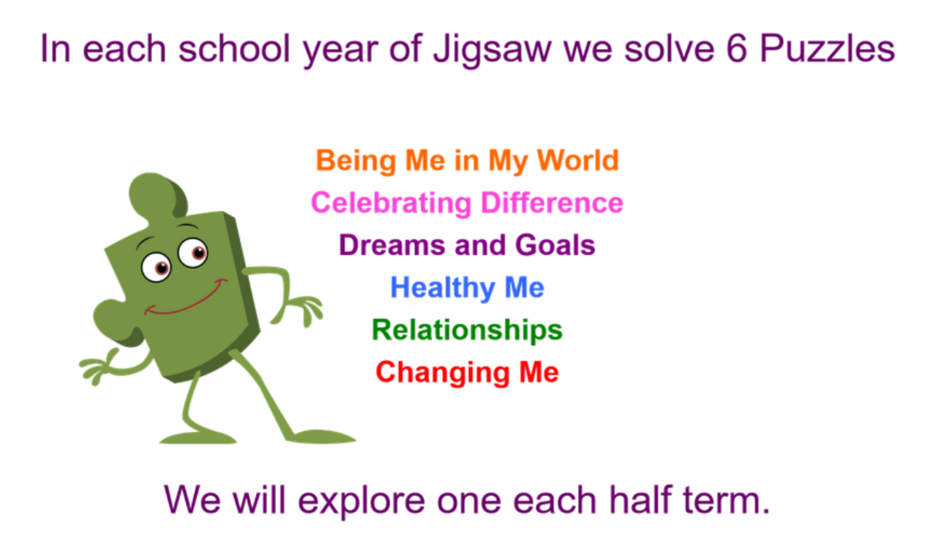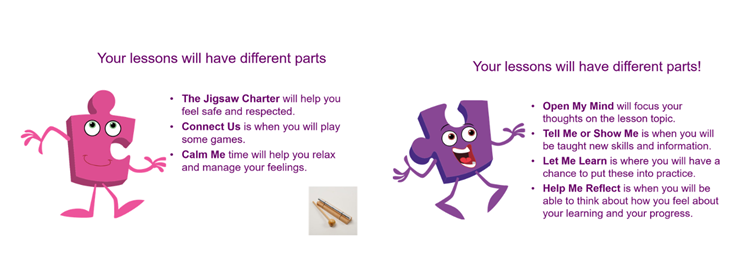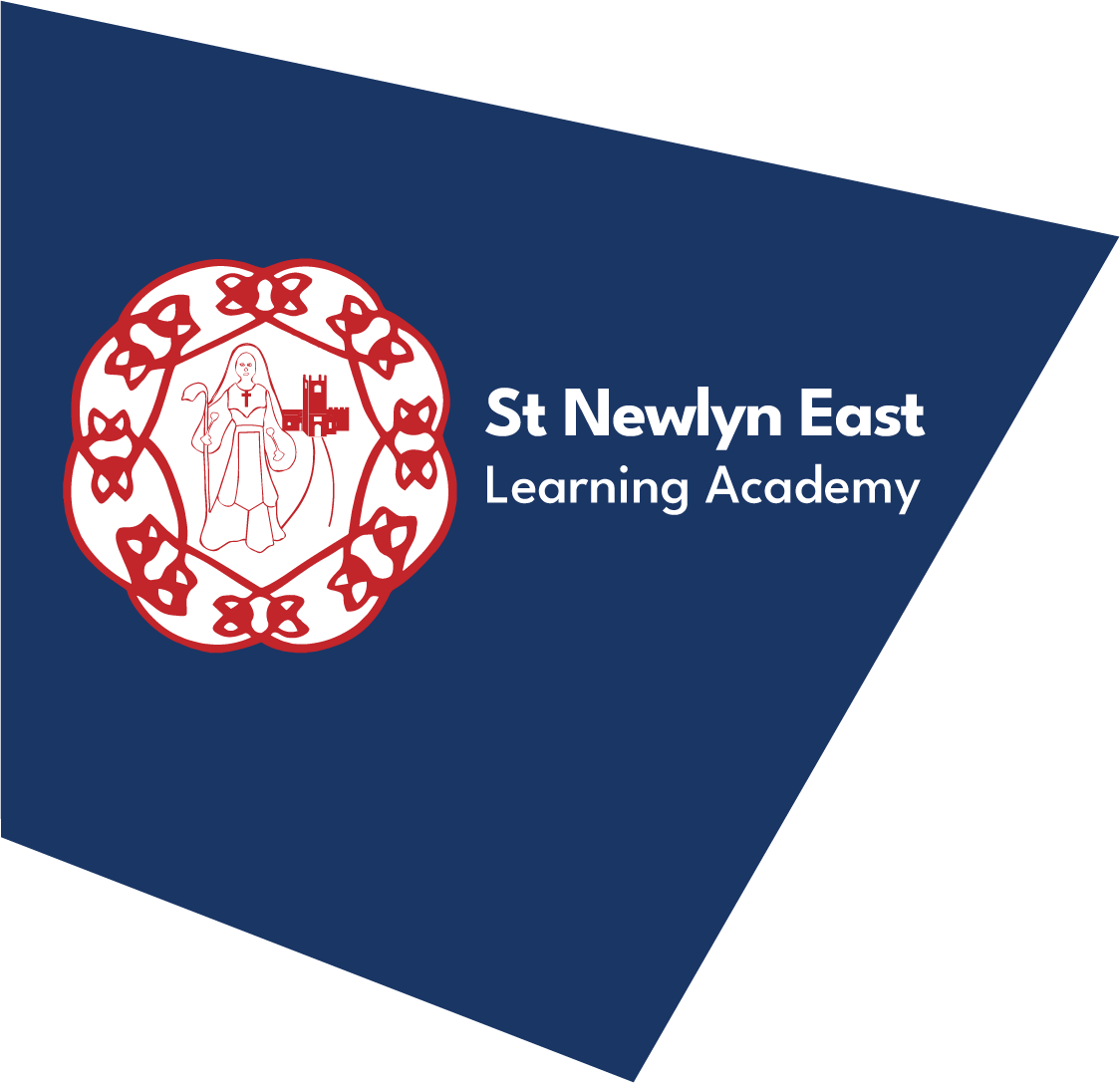
Subject Information
Please click on a subject title below to find out how each subject is taught in each year group.
Art and Design
Computing
Design and Technology
Geography
History
Maths
Modern Foreign Languages
Music
Personal Development
Personal Social Health Education (PSHE) including Relationships Sex Education (RSE)
Personal Social Health Education (PSHE) including Relationships Sex Education (RSE) is at the heart of our school ethos and is a crucial part of our broad, balanced, enquiry-led curriculum - it runs throughout everything we do. Our PSHE/RSE curriculum aims to enable our children to become happy, healthy, safe independent, responsible members of society who demonstrate respect and tolerance and who are prepared to face and manage the challenges and opportunities of an ever-changing modern Britain.
What is PSHE Education?
PSHE Education (Personal, Social, Health and Economic Education) is a planned programme of learning through which children and young people acquire the knowledge, understanding and skills they need to successfully manage their lives – now and in the future. As part of a whole-school approach, PSHE Education develops the qualities and attributes pupils need to thrive as individuals, family members and members of society.
What do schools have to teach in PSHE Education?
As set out in the National Curriculum, every school needs to have a broad and balanced curriculum that:
• promotes the spiritual, moral, social, cultural, mental and physical development of pupils at the school;
• prepares pupils at the school for the opportunities, responsibilities and experiences of later life;
• promotes British values.
From September 2020, primary schools in England also need to teach Relationships and Health Education as compulsory subjects and the Department for Education strongly recommends this should also include age-appropriate Sex Education.
Schools also have statutory responsibilities to safeguard their pupils (Keeping Children Safe in Education, DfE, 2019) and to uphold the Equality Act (2010).
The Jigsaw Programme supports all
What is Jigsaw, the mindful approach to PSHE, and how does it work?
Jigsaw is a whole-school approach and embodies a positive philosophy and creative teaching and learning activities to nurture children’s development as compassionate and well-rounded human beings as well as building their capacity to learn.
Jigsaw is a comprehensive and completely original PSHE Education programme (lesson plans and teaching resources) for the whole primary school from ages 3-11. Written by teachers and grounded in sound psychology, it also includes all the statutory requirements for Relationships and Health Education, and Sex Education is also included in the Changing Me Puzzle (unit).
Jigsaw has two main aims for all children:
• To build their capacity for learning
• To equip them for life
Jigsaw brings together PSHE Education, compulsory Relationships and Health Education, emotional literacy, mindfulness, social skills and spiritual development. It is designed as a whole school approach, with all year groups working on the same theme (Puzzle) at the same time at their own level. There are six Puzzles (half-term units of work) and each year group is taught one lesson per week. All lessons are delivered in an age- and stage-appropriate way so that they meet children’s needs.
Each Puzzle starts with an introductory assembly, generating a whole school focus for adults and children alike. There is also a Weekly Celebration that highlights a theme from that week’s lesson across the school encouraging children to live that learning in their behaviour and attitudes.
How does Jigsaw work at St Newlyn East Learning Academy?


Physical Education
Reading
Being able to read well matters. It can significantly impact on success in school and beyond. It takes them into imagined worlds far beyond their own experience, and supports the endless opportunities to explore new areas of learning, thinking and ideas. It is arguably the most important aspect of learning we teach the children at St Newlyn East.
The power of reading (and reading for pleasure) is immense, and we want children to be able to take full advantage of the benefits and enjoyment that it has to offer. We aim to develop positive attitudes towards reading so every child thinks of themselves as a reader. They will then begin to foster a love of the written word in all its various forms. We wish to create a community of inspired, happy readers that share and promote reading as a skill and desirable past time.

At St Newlyn East Learning Academy, we use the ‘Read Write Inc’ phonics programme designed by Ruth Miskin to teach early reading. The structured programme helps all children learn to read fluently and at speed so they can focus on developing their skills in comprehension, vocabulary and spelling. At the core of the programme is the lively and vigorous teaching of synthetic phonics. Children learn the 44 common sounds in the English language and how to sound-blend words for reading (decoding) at the same time as developing handwriting skills and spelling (encoding).
We have found that by using the Read Write Inc. programme, children experience success from the very beginning of their reading journey. Lively phonic books are then closely matched to their increasing knowledge of phonics and as children re-read stories their fluency increases. The stories include prompts to support thinking out loud and discussions, helping children develop the skills they need to be successful storytellers.
Read Write Inc. lessons are fun and engaging and all staff who deliver the reading sessions are fully trained. The lessons are taught daily and pupils are regularly assessed and grouped to enable appropriate challenge and pace throughout the programme.
Reading - progression of skills - Year 1
Reading - progression of skills - Year 2
Reading - progression of skills - Year 3
Reading - progression of skills - Year 4
Reading - progression of skills - Year 5
Reading - progression of skills - Year 6
Religious Education
At St Newlyn East Learning Academy, we believe that by learning from and about the religions of the world, our pupils can understand the world around them. Through Religious Education (RE), pupils develop their knowledge of world faiths, and their understanding and awareness of the beliefs, values and traditions of other individuals, communities and cultures. We encourage our pupils fully participate in their learning by asking questions about the world and to reflect on their own beliefs, values and experiences.
Science
Writing
As our children move through the school, writing is at the heart of the children becoming clear and effective communicators. We aim for children to respond to their audience and the context appropriately.
We develop our pupil's ability to spell correctly, using the Spelling Shed scheme coupled with Get Spelling from the Read, Write Inc phonics programme. From foundation stage on, the children perservere with their handwriting, ensuring they join letters correctly and at pace. Adults support children of all abilities through appropriate modelling and scaffolding to enable them to express themselves through writing.
We currently use the Literary Tree Curriculum for writing from EYFS to Year 6. This immerses children in a literary world based around high-quality, age-appropriate texts, therefore creating strong levels of engagement to provide meaningful and authentic contexts for primary English.
Shared writing
During the second phase of our writing units, the purpose is for the children to begin to use the structural features and the vocabulary and SPAG features from the immersion phase, in pieces of age-appropriate extended writing modelled by the class teacher following class discussion. This generally includes periods of shared writing consisting of:
- Peer discussion to include structural features
- Peer discussion to include SPAG and vocabulary features
- Perserverence to improve initial ideas – teachers modal sharing the children’s first ideas but not accepting these if they can be improved on.
- Modelling of mistakes - using the children’s ideas, teachers make mistakes and show the live editing process
Independent writing
Following on from the second phase the purpose is for the children to demonstrate their understanding of all skills learnt. Regardless of the genre, the children are passionate about taking on the whole authors process of planning, drafting, proof-reading and editing and then peer-assess using the SURPRISES editing tool from the Literacy Shed and the class marking ladder related to the unit of writing.
No teacher input is given at this stage: all work is completely independent of adult intervention.
Twice a year, the children take part in a whole school write, where each year group has the same stimulus for a piece of writing. Class teachers choose the genre and age appropriate skills that the children must then incorporate. The children can talk passionatley across year groups, about the shared stimulus and the piece of writing that they have produced.
WOW Write
Children then complete their final draft in their WOW books and work is marked using the assessment grids for their year group. We value the importance of praising perseverance in school; this has led to a revised KS1 and 2 writing display which focusses on ‘Writing Growth…’ – the children love to see how much they improved in their writing and this is something we want to show our peers and visitors.
Quizzes
